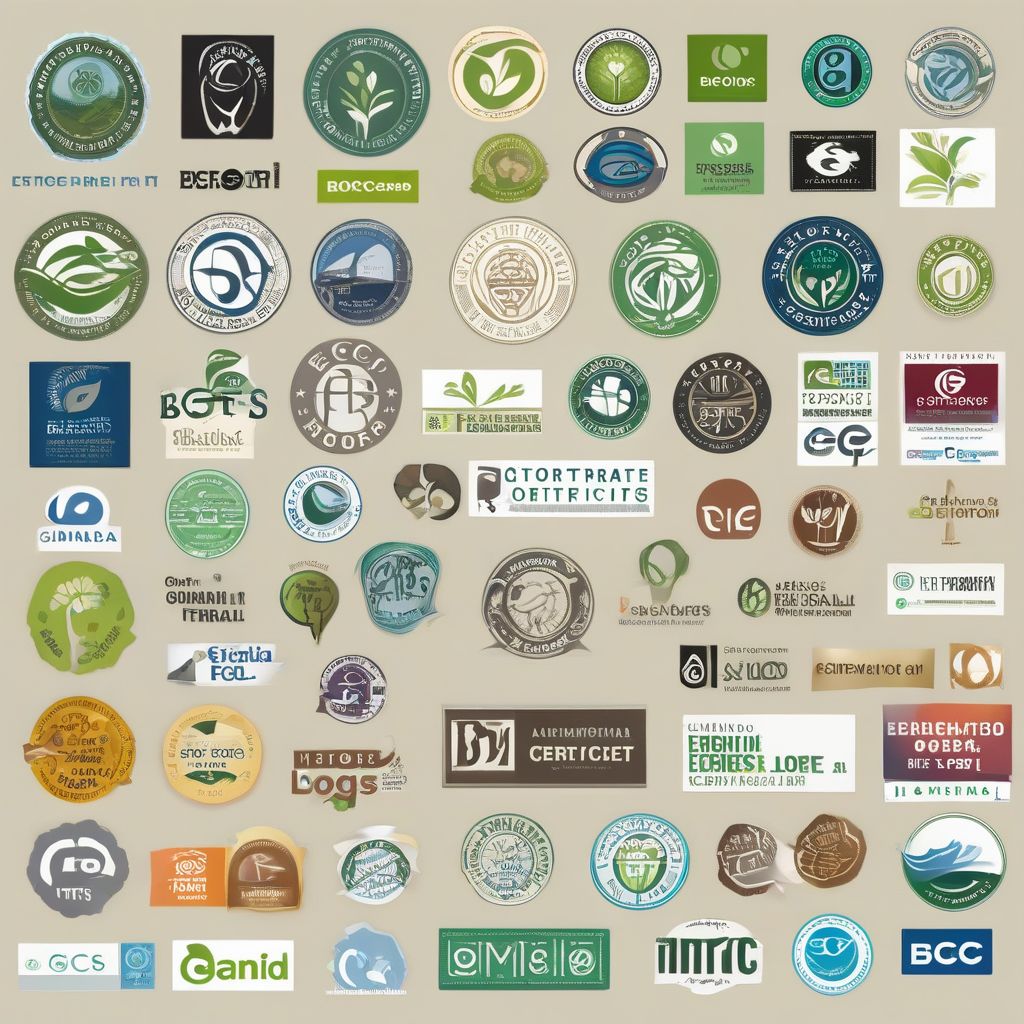In a world saturated with choices, it’s more important than ever to align our spending with our values. But with so many brands claiming to be “ethical,” how can we cut through the noise and discover those genuinely committed to people and the planet?
As a nutritionist and meal-prep coach passionate about healthy living, I understand the desire to make conscious choices. Just like selecting nutritious foods fuels our bodies, supporting ethical brands nourishes a more responsible and sustainable future.
This comprehensive guide will unveil the best resources to help you uncover new ethical brands across various industries, empowering you to make informed decisions that resonate with your values.
Why Ethical Brands Matter
Before diving into the resources, let’s understand why discovering ethical brands is crucial. Ethical brands prioritize:
- Fair Labor Practices: Ensuring safe working conditions, fair wages, and no exploitation in their supply chains.
- Sustainability: Minimizing environmental impact through eco-friendly materials, responsible sourcing, and reduced waste.
- Transparency: Openly communicating their values, practices, and sourcing information.
- Community Engagement: Giving back to communities and supporting social causes.
By choosing ethical brands, you vote with your wallet, driving positive change in the world.
Best Resources for Discovering New Ethical Brands
1. Online Directories and Marketplaces
These platforms curate and verify ethical brands, making your search easier.
- Good On You: A comprehensive directory rating brands on their environmental, labor, and animal welfare practices. Their app makes ethical shopping on-the-go seamless.
- Ethical Consumer: Offering in-depth ethical ratings, product guides, and resources to help you make informed choices. They also provide a critical perspective on corporate practices.
- DoneGood: A marketplace featuring a curated selection of ethical and sustainable brands. They offer a wide range of products, from fashion to home goods.
- Etsy (search for “handmade” and “eco-friendly”): While not exclusively ethical, Etsy offers a platform for many independent artisans and makers creating sustainable and ethically-made products.
2. Certifications and Standards
Look for these trusted certifications that signify a brand’s commitment to specific ethical practices:
- Fair Trade Certified: Ensures fair prices, fair labor conditions, and community development for farmers and workers in developing countries.
- B Corporation (B Corp): Certifies companies meeting high social and environmental performance standards, accountability, and transparency.
- Global Organic Textile Standard (GOTS): Certifies textiles made with at least 70% organic fibers, adhering to strict environmental and social criteria throughout the supply chain.
- Forest Stewardship Council (FSC): Ensures responsible forest management and the protection of forests for future generations.
 Ethical Certifications
Ethical Certifications
3. Social Media and Influencers
Follow ethical influencers and brands on social media platforms to discover new brands and learn about their stories and values.
- Instagram: Search for hashtags like #ethicalfashion, #sustainableliving, #consciousconsumer, and #ecofriendlyproducts.
- YouTube: Many ethical influencers create videos reviewing products, sharing their favorite brands, and discussing ethical consumption.
- Pinterest: Find inspiration and discover ethical brands through curated boards dedicated to sustainable living and ethical fashion.
4. Blogs and Publications
Several blogs and publications focus on ethical fashion, sustainable living, and conscious consumerism:
- The Good Trade: A lifestyle media platform promoting sustainable fashion, beauty, and wellness.
- Ecocult: A website offering eco-friendly product reviews, tips for sustainable living, and insights into ethical brands.
- Refinery29’s Sustainable Shopping Column: This column features ethical brand spotlights and guides to shopping more sustainably.
5. Ask Questions and Do Your Research
Don’t hesitate to contact brands directly and ask about their ethical practices. Look for detailed information on their websites, including:
- Materials sourcing: Where and how do they source their materials?
- Manufacturing processes: Are their factories safe and ethical? Do they pay their workers fair wages?
- Environmental impact: What steps are they taking to minimize their environmental footprint?
- Community involvement: Do they give back to their community or support social causes?
Remember, no brand is perfect. The key is to look for transparency, continuous improvement, and a genuine commitment to ethical values.
[amazon bestseller=”sustainable living”]
Conclusion: Making Informed Choices for a Better Future
Discovering and supporting ethical brands is an ongoing journey. By utilizing the resources and tips outlined in this guide, you can make informed decisions that align with your values and contribute to a more sustainable and equitable world.
Remember, every purchase is a vote for the kind of world we want to live in. Let’s choose wisely, together!
Now, I’d love to hear from you! What are your favorite resources for discovering new ethical brands? Share your tips and discoveries in the comments below!
